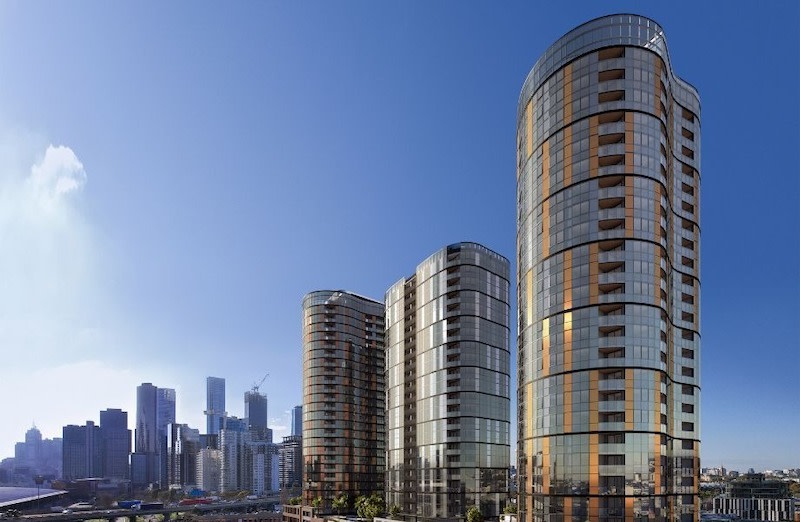Build-to-Rent Needs Urgent Tax Reform: Greystar

Industry leaders are calling on the federal government to urgently reform taxation laws to encourage foreign investment in Australia’s fledgling build-to-rent sector.
They say concessional taxation rates are available with investments in most institutional real estate—warehouses, shopping centres, student accommodation or adaptive life sciences buildings—but not with the build-to-rent sector.
“Reform is absolutely necessary,” Greystar’s managing director Chris Key said. “And I think that spreads right across the housing spectrum. There is a greater need for reform in many, many areas.”
Jane Hodder, managing partner with law firm Herbert Smith Freehills, agreed, saying in some instances build-to-rent does not get a level playing field in terms of the tax treatment.
“For international investors at the moment, it's certainly not a level playing field and where managed investment trusts are used, there is a 30 per cent withholding tax, regardless of the moment,” Hodder said.
Typically, investments in institutional real estate are made through managed investment trusts (MITs), and in most sectors dividends and profits distributed back out at a concessional withholding tax rate of 15 per cent.
Key and Hodder were speaking at The Urban Developer’s Build-to-Rent vSummit last week, saying federal government reform for the sector was “a hot button” for the industry.
Key said in reality there were few super funds that have meaningful exposure to the build-to-rent the sector in Australia.
“That means it is international capital that is going to support the growth of this sector,” Key told about the summit.
“And if we are to get international capital we need to see the barrier taken down and we need to see a fair and equal treatment of that international capital.
“For anybody who is looking to raise capital to support a rollout of a platform here and development of the product, they also need for it (reform) to happen in the in the near term.”

Colliers’ national director for build-to-rent Robert Papaleo said Australia needed its superannuation funds to back the idea of nation building.
“A number of funds have international exposure in the build-to-rent market,” he said.
“But current policy doesn’t allow industry super funds to participate in the build-to-rent sector, because it's still an emerging sector, and they have to be prudent in their investment.”
The industry points to the previous coalition federal government which had refused to consider build-to-rent as an institutional asset class.
“International capital is welcomed to invest in student housing, office, industrial, pretty much any other institutional asset class, but multi-family or build to rent is not treated similarly to a core real estate class as it is overseas, which is peculiar to many of us who have been debating this for quite some time,” Key said.
South Carolina-based Greystar has more than 782,900 multi-family units and student beds under management globally. Three projects are now under development in Melbourne, with negotiations ongoing in Brisbane and Sydney.
“In every other major developed market in the world, this asset class has been established and grown, particularly in the US. It’s the largest institutional asset class there is.
“It’s the same foreign investors that are buying our offices and warehouses and shopping centres, and it’s the same money? So how can you argue that it's not an institutional asset class?”
All three speakers remain optimistic the Albanese government is considering reforms for the sector, although warn it is likely to be a slow process.
“It'll be interesting to see what the Albanese government does in this space,” Hodder told the vSummit.
“I have heard some whispers there might be an appetite to have a closer look at this,” she said. “There certainly wasn’t with the previous Morrison government, so it’s a watch this space.”














